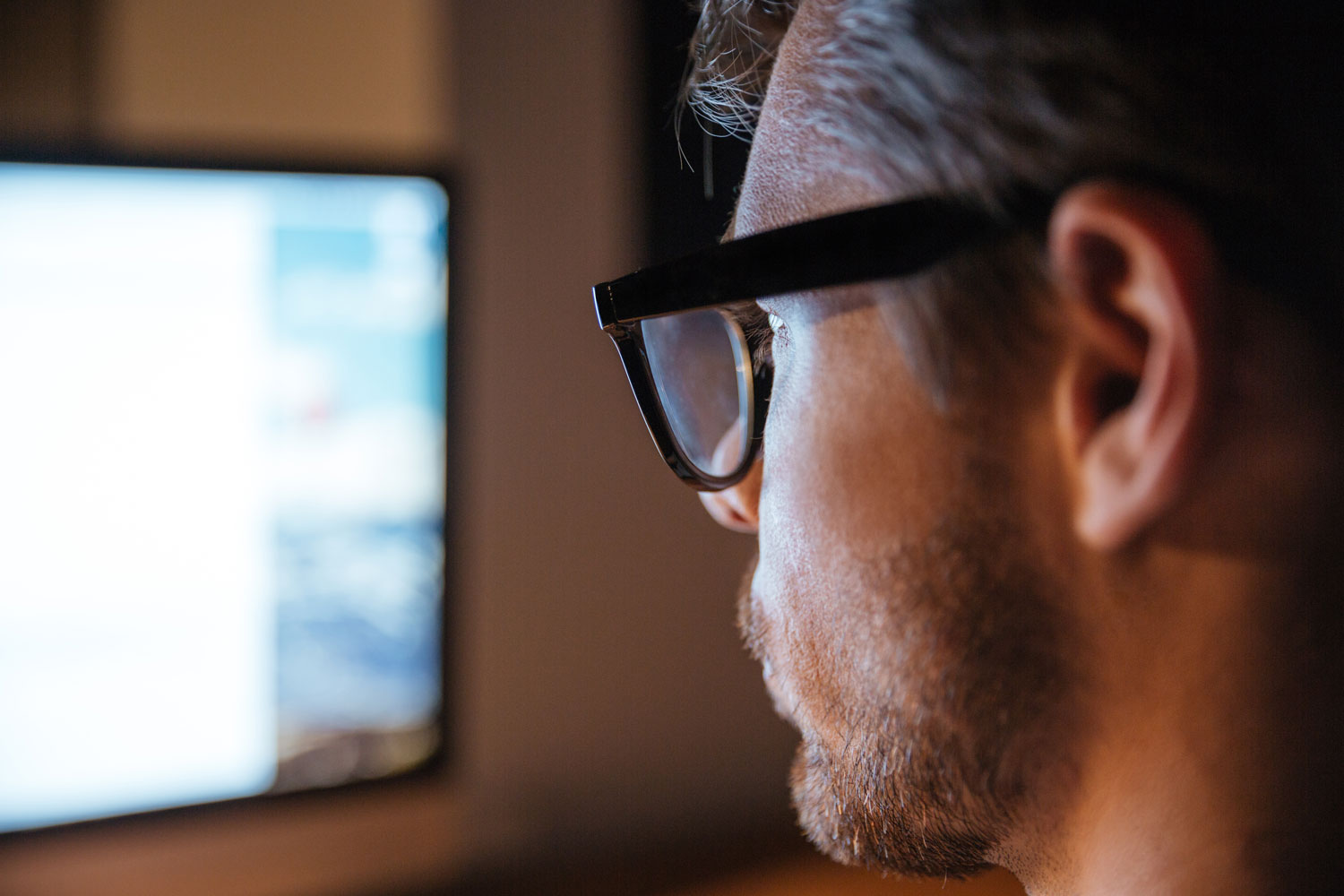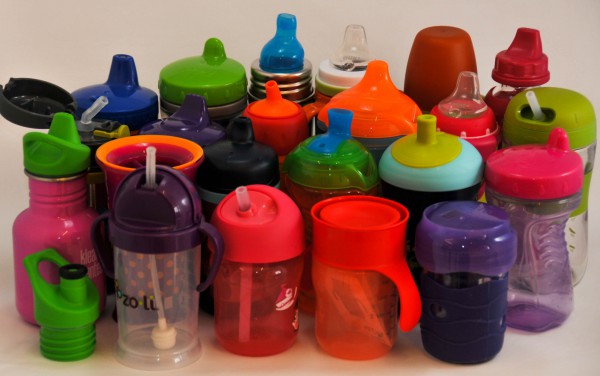Do blue light glasses help in preventing damage to eyes
Blue light glasses are glasses that manufacturers claim can filter out blue light. The glasses have filtering materials or surface coatings on the lenses that block a portion of blue light. People who think that their eye and vision symptoms are due to blue light exposure may wear them to decrease their exposure to it. These are glasses that contain lenses that partially block short-wave blue light. Current research has not confirmed whether or not blue light-emitting devices are damaging to eyes and vision. Also, experts are still unsure whether or not wearing blue light glasses can help prevent any potential damage due to long-term exposure to screens. Computers, laptops, tablets, smartphones, and general lighting can all expose the eyes to blue light. With the increased use of light-emitting diodes (LED), organic LED, and active-matrix organic LED in technology, people now have chronic exposure to blue light. Experts cannot rule out a yet undiscovered risk of chronic, day-long exposure to LED and blue light. Some experts suggest that the low levels of blue light emitted from devices are not hazardous, even with prolonged exposure. A 2017 systematic review suggests that there is not enough evidence to support the potential benefits of blue light glasses, and some advertisers have received fines for making misleading claims. However, further studies are necessary to confirm whether or not blue light emitted from these devices is harmful. Experts are also unsure whether or not blue light glasses are helpful for symptoms associated with increased exposure to screens. Eye doctors suggest that eye fatigue, headaches, and poor sleep may be associated with computer vision syndrome instead of blue light exposure. (Credits: www.medicalnewstoday.com)


